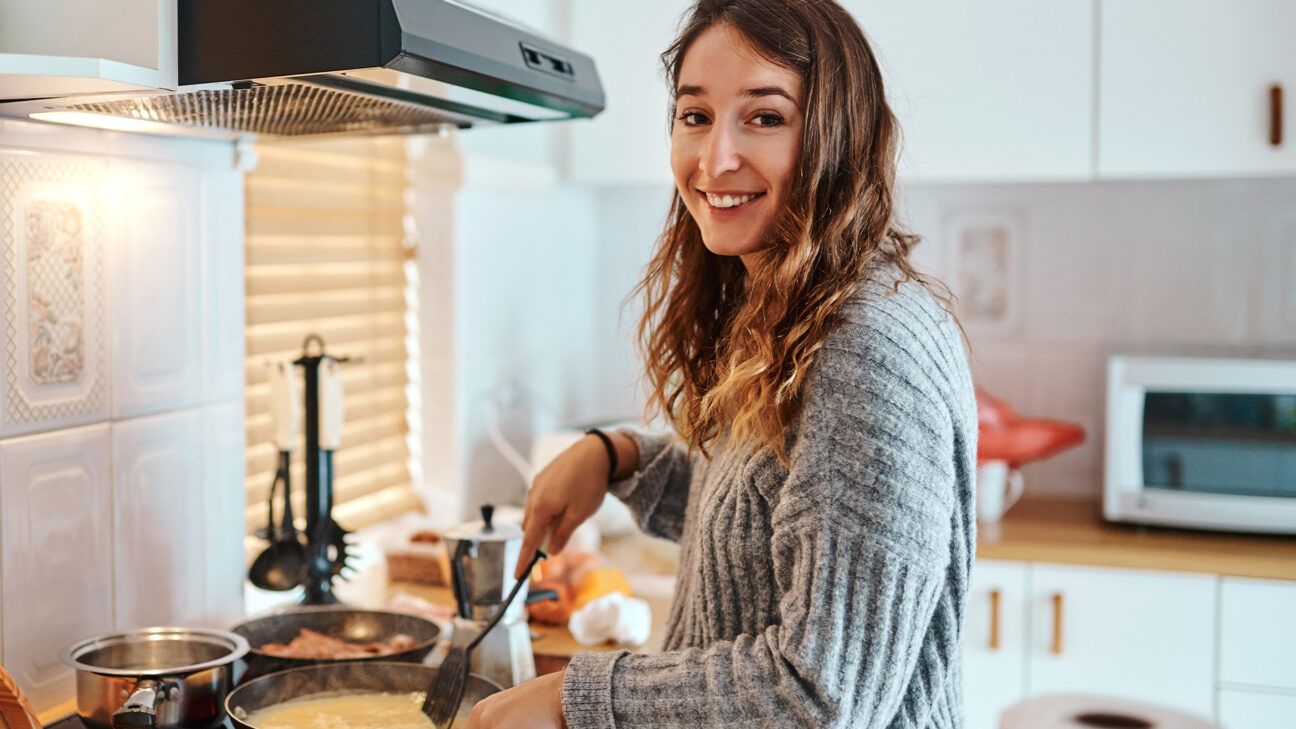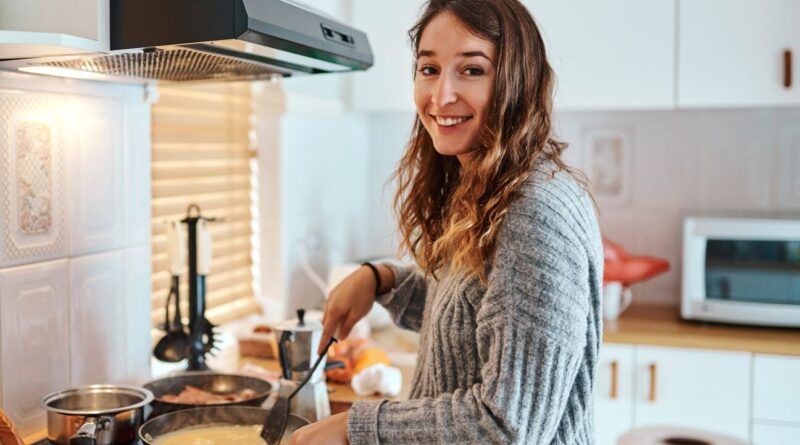7 Easy Ways to Control Extreme Hunger After Stopping Ozempic, Wegovy

- GLP-1 drugs mimic hormones that help people suppress food cravings and listen to hunger cues.
- When people stop using these medications, they may experience extreme hunger.
- There are ways to control this hunger, including focusing on certain types of foods and minimizing others, exercise, and other lifestyle changes.
Although drugs like Ozempic, Wegovy, and Zepbound can help people lose weight, people who stop using the drugs often gain back the extra pounds they shed. It is a phenomenon that is often called Ozempic rebound.
Actually,
Another reason people tend to regain weight quickly is that extreme hunger and food cravings blocked by GLP-1 drugs can return, and in many cases, they feel stronger and more than.
“GLP-1 drugs suppress appetite,” says Dr. Mir Ali, board-certified bariatric surgeon and medical director of MemorialCare Surgical Weight Loss Center at Orange Coast Medical Center. However, when it is stopped, the appetite returns and it is possible that there is some problem with the appetite hormones, so the appetite can come back even more.”
Although these medications are designed for long-term use, access, cost, and side effects may not make that possible for everyone.
However, obesity health experts say the following seven tips can help people manage excessive hunger after stopping GLP-1 drugs like Ozempic and to maintain the weight they have lost.
Balance is important.
Dr. “The plate method divides your plate into three layers,” says Michael L. Glickman, a family-certified obesity doctor who founded Revolution Medicine.
Glickman says these categories are:
- Non-starchy vegetables: Half the plate and ready to eat first
- Protein: One quarter of a plate
- Carbohydrates: One quarter of a plate
Other products – even your own body – can act as a guide for the parts.
“There are dinnerware tools that can help with portion control,” Ali says. “Your hands are also a rough guide to the parts.”
What fits in the palm of your hand is usually the size of the portion measured, Ali says.
Ali says you can ask for half a portion or half a box of food before you eat when you eat.
A 2015 study showed that diets high in fiber and protein were more satisfying.
Dr. Christopher McGowan, who has triple certification in internal medicine, obesity medicine, and gastroenterology, says that this diet should be important, especially after stopping the use of GLP- 1.
“GLP-1 drugs work by suppressing appetite in the brain and reducing gastric emptying, which leads to longer-lasting satiety,” says McGowan, who is also the co-founder of True You Weight. Loss. “After stopping the GLP-1 drug, the stomach will return to its default rate, which means you will feel less satisfied after a meal. This sudden feeling of fullness quickly and satiety can be overcome by focusing on nutritious, slow-digesting foods.”
In addition, Glickman notes that fiber can help regulate blood sugar, help suppress appetite and keep insulin levels in check.
McGowan suggests foods like:
- Fatty meat
- Beans
- Legumes
- Grains
- Vegetables
The quality of the food is also important.
“Avoid foods high in sugar and carbohydrates that cause spikes in insulin,” says Glickman. “Elevated insulin interferes with weight loss and can cause a ‘crash,’ which leads to cravings for foods high in sugar and carbohydrates.”
Processed foods often have a longer shelf life, less storage requirements, and are often more convenient.
Glickman says having nutritious, satisfying foods, such as ready-to-eat fruits and vegetables, where you can can help curb the urge to reach for highly processed, sugary foods when you’re hungry.
“Keep the fridge stocked with well-cooked meals — investing, sometimes, in prepackaged meals with a delivery service,” says Glickman. lightness between the food and the food mentioned above.”
A
Timing your meals – and eating with purpose – can also help with satiety.
“Eat mindfully with awareness and determination,” Ali says. “Enjoy the texture, smell and taste of food. This may cause your body to be satisfied with less food.”
Mindful eating also slows down the process of food consumption, which can be beneficial for a person.
“Often, people continue to eat more than they are full because they haven’t allowed enough time for the receptors in the stomach to signal to the brain that they are full,” Ali says. Eating slowly gives your stomach time to feel full.
Diet and exercise are the two pillars of a healthy weight management lifestyle. The two may overlap, too.
“Exercise provides natural cues that can prevent extreme hunger,” says Ali. “The goal of exercise is balance.”
Ali recommends shooting for 30 minutes of exercise every day, five days a week. That puts people at 150 minutes a week.
The
A
Although lifestyle changes and self-help can help people manage extreme hunger, you may need or want more support.
Dr. “Working with a registered dietitian, including weight assessment, can be very important,” says Seth Kipnis, medical director of bariatric and robotic surgery at Hackensack Meridian Jersey Shore University Medical Center. .
Furthermore, Kipnis notes that the National Institutes of Health
When people stop taking GLP-1 medications like Wegovy, Ozempic, and Zepbound, they often experience feelings of extreme hunger, which can be challenging to control and contribute to weight gain.
However, health experts say there are strategies that can help reduce excessive hunger and weight maintenance after withdrawal of the GLP-1 drug.
These include regular exercise, portion control, and slow, deliberate eating.
#Easy #Ways #Control #Extreme #Hunger #Stopping #Ozempic #Wegovy
